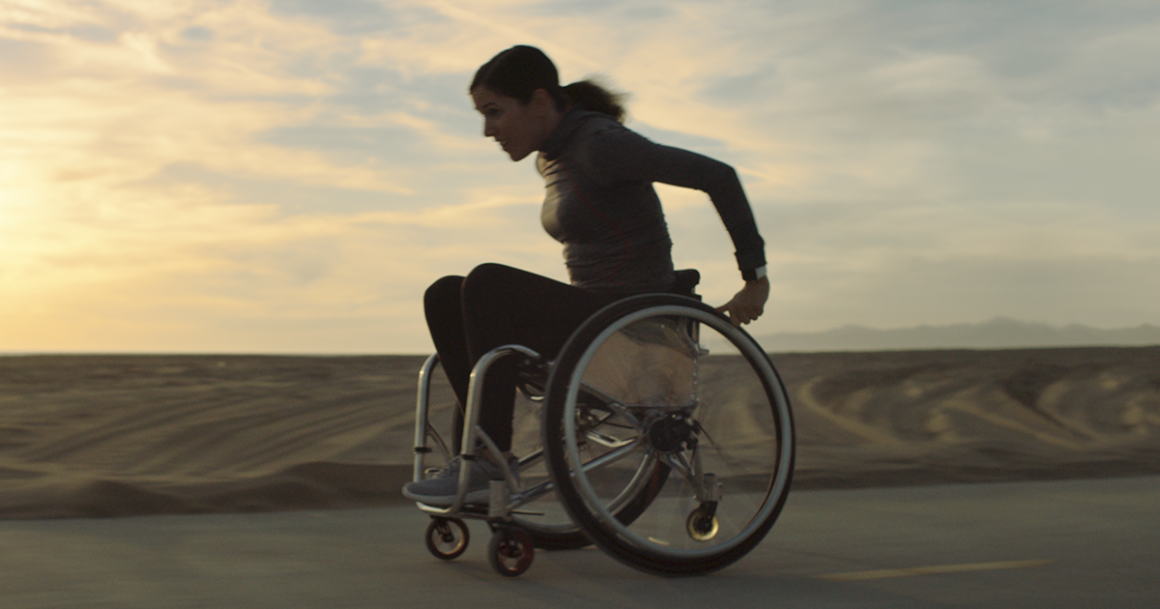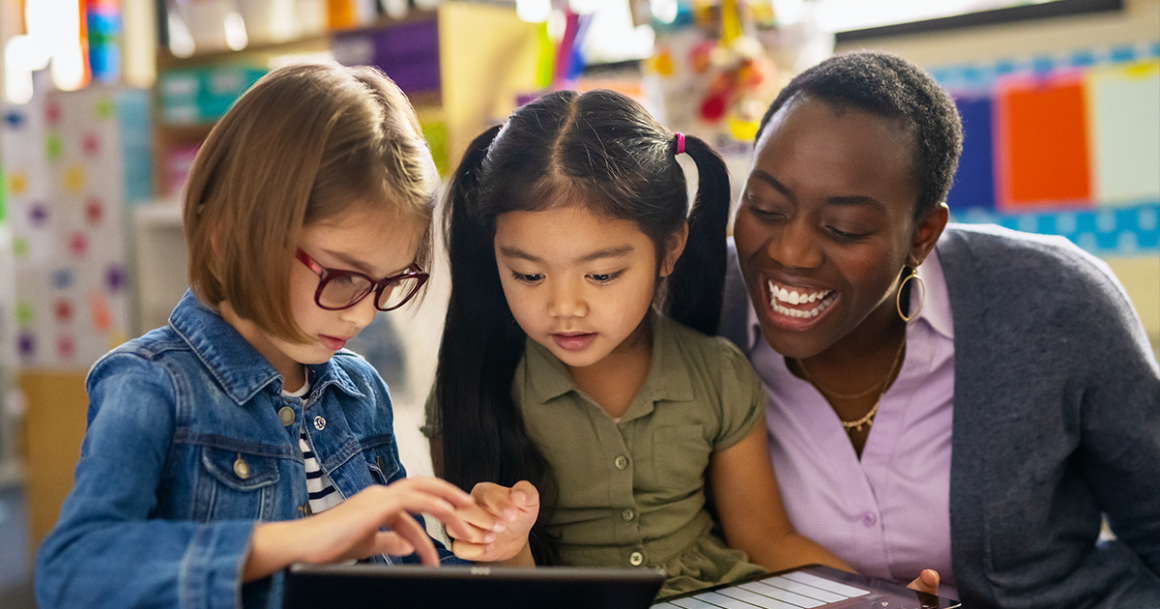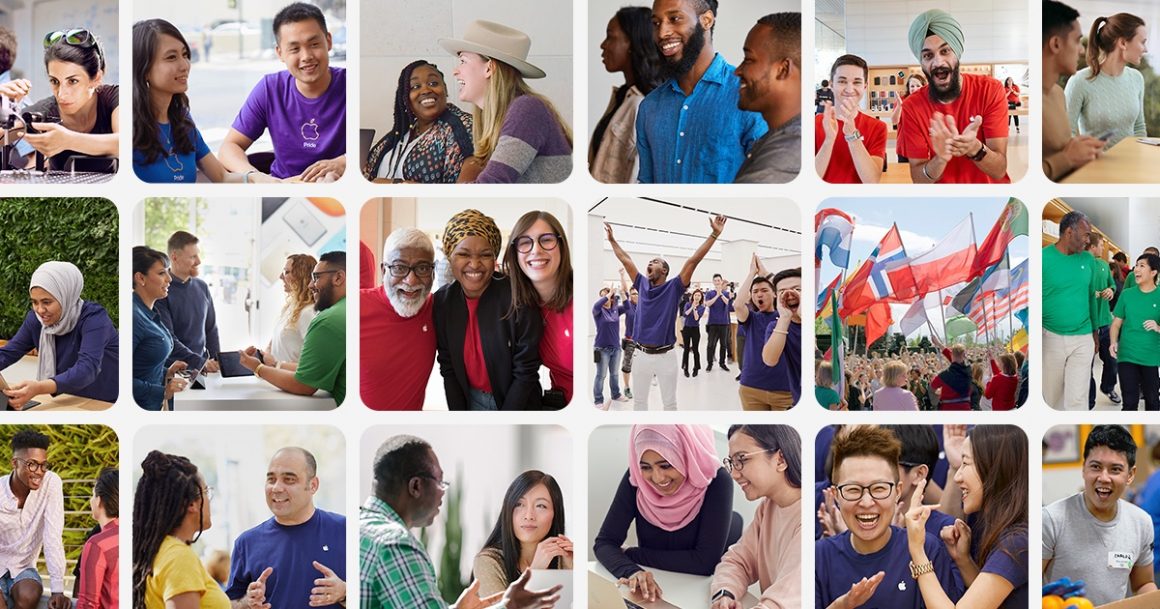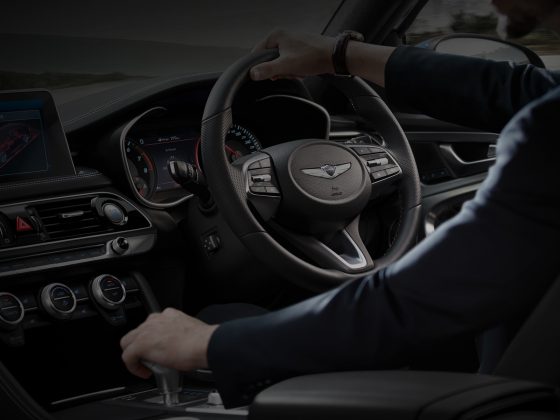In a world where people are more vocal than ever about their values, it makes sense for companies to stand with their consumers on the causes they are passionate about. So, what are the biggest companies on the planet doing for the world?
We turn our focus to Trillion Dollar Club – Apple, Amazon and Microsoft. The first thing that comes to mind is Uncle Ben’s “with great power comes great responsibility” speech. Key word, responsibility. As our focus turns to Cook, Bezos, and Gates, we ask “will they use their powers to save the future or will they add to its demise?”.

Encouraging their Employees
Apple does a great job of being transparent with how they are giving back. The popular tech company donated over $100 million to charity in 2019 alone. They are known to back the causes of their employees with a 1-for-1 donation match and a $25 per volunteer hour match. As a result, around 21,000 employees volunteered their time and donated $42 million to causes they care about. One employee from Apple’s Visitor Center in Cupertino created Saints of Steel, an organisation that provides makeovers and haircuts for people in need of employment, housing or a fresh start. 80% of their first year donations came from Apple’s corporate giving platform Benevity and 74% came from Apple itself.

Technology for the Impaired
Apple has some of the best technology for the impaired. In Apple’s earlier days former iOS boss, Scott Forstall, wanted to ensure people with disabilities were properly represented. When the 3GS debuted in 2009 it launched the first of Apple’s accessibility features, but since then their accessibility department has evolved quite a bit. With voice controls and live listening to a keyboard that types what you see, Apple continues to design and develop technology for everyone to enjoy. They even developed a noise monitoring app that can analyse the decibels around you that may be posing a threat to your hearing.
Supporting Education
Apple teams with the ConnectED initiative, an organisation that aims to enhance learning in public schools by use of technology. Since 2014 they pledged over $100 million to over 114 schools. They also provided iPads to 55,000 students, Mac computers to 4,400 teachers, Apple TVs to every classroom and internet to 95 schools. But why stop there? With professional learning specialists they are able to provide onsite aid and individually paced online workshops. There’s even the “Apple Teacher” app that interactively goes over all of Apple’s useful features.

Tackling Equality
With openly gay CEO Tim Cook, the brand has made it a mission to embrace diversity and inclusivity. They make it a point to donate to organizations like The National Center for Transgender Equality. In 2019, Apple received a top ranking for pay equality in tech. And they should, 45% of Apple leaders under 30 are women, and 17% are underrepresented minorities.
Taking Responsibility for their Supply Chain
When it comes to manufacturing overseas, there seems to be a disconnect between brands and the factories that create their products. Apple employs millions of people in their supply chain. It makes it impressive to know that they monitor and regulate their suppliers. Apple’s Supplier Code of Conduct regulates fairness and equality for all workers, workplace safety, and environmental protections. The company recently partnered with the Thomson Reuters Foundation whose focus is on bringing awareness to human rights issues worldwide. If this doesn’t make you have faith in humanity, I don’t know what will.

Leading Sustainability in Tech
For a company with high amounts of production, finding ways to be sustainable can go a very long way. Right now Apple is leading the way for recycling in tech. The MacBook Air and Mac mini use 100% recycled aluminum enclosures and the tin in iPhone’s main board is 100% recycled tin. The recycled tin alone has prevented the mining of 29,000 metric tons of tin ore in just one year. Even their packaging comes mostly from recycled sources. Apple also proudly supports the Fund for Global Human Rights. Through this they are able to support grassroots activists like human rights defenders and environmental advocates.
The Future of Apple
Apple engineers are on a mission for developing new sustainable solutions. From creating a new alloy that doesn’t lose its rigidity when continuously recycled to a robot named Daisy that can disassemble and collect precious materials from recycled devices unlike any other method. Many iPhones that are turned in will go to a new home if they are still functional. This had me thinking “are there any original iPhones still around and functioning?”. I took to ebay to find the answer, but what I found was more than I had imagined. First generation iPhones were going for $7,000 all the way to $30,000! You know, just in case you’re in the mindset of cleaning out some drawers, make sure you don’t bin any early generation iPhones in the process.
The most important aspect to take from this is understanding the influence you have directing the philanthropic efforts of large corporations (like Apple). A socially responsible consumer considers the social and ecological consequences of buying a certain product, and the numbers of these types of consumers are growing every day. By looking internally at their practices, as well as, outwardly, and what current issues they may help redress with their enormous funding potential. As we continue to uphold big companies to higher standards, we collectively hold the power to create a better world for generations to come.











